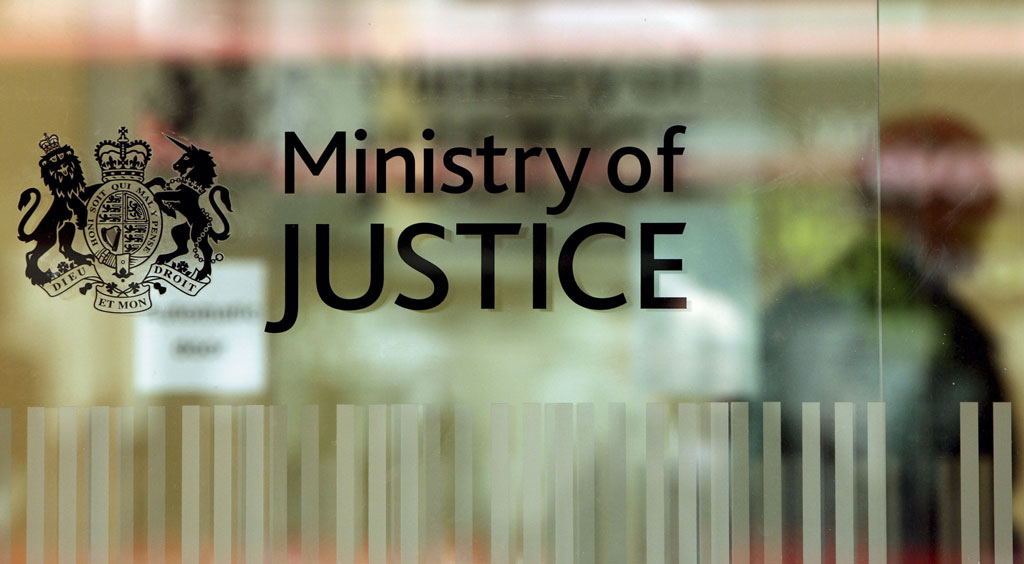
It is time for ministers to join the judiciary in recognising the realities of family life in 2018, says Graeme Fraser
This year has seen momentum grow towards family law reform following a series of landmark Supreme Court decisions. Until now, this has not prompted the government to change the law, with ministers instead opting to take soundings.
Supreme Court hattrick
The Supreme Court comprises the most specialist and experienced family law bench in living memory. The nation’s highest court is routinely adjudicating issues resulting from outdated family laws. This government has no choice but to take heed of three of the court’s most recent findings.
In May, the government was criticised in R (on the application of Steinfeld and Keidan) v Secretary of State for International Development [2018] UKSC 32, [2018] All ER (D) 145 (Jun) for being discriminatory in its delay in deciding whether or not civil partnerships should be extended to heterosexual couples.
In July, Lord Wilson expressed ‘uneasy feelings’ and Lady Hale found it









